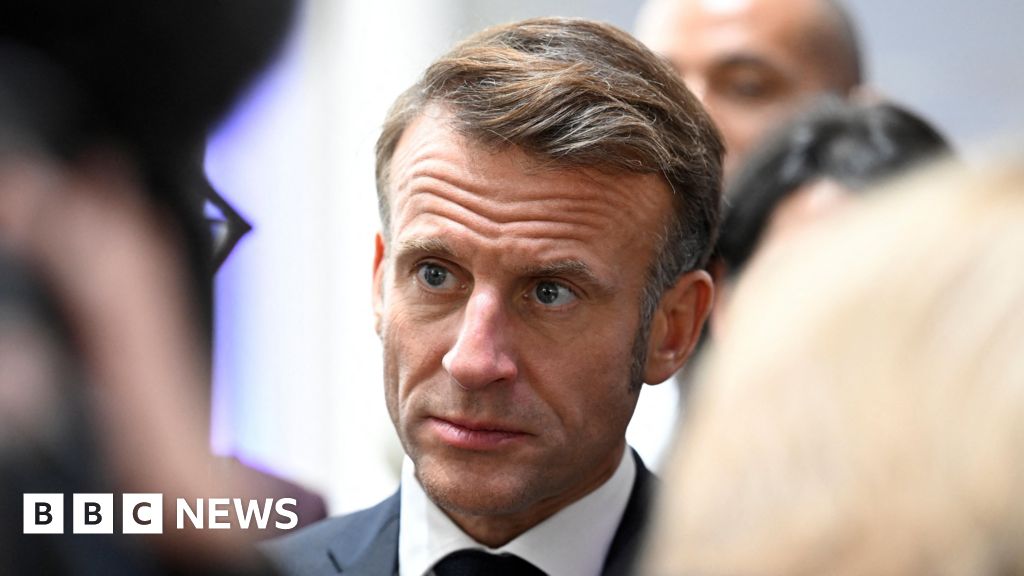By Paul Kirby
Copyright bbc

If Lecornu manages to persuade the centre-ground parties to form some kind of government, then Macron will be able to name a new prime minister, whoever that is. Lecornu has indicated he does not wish to take on the job, although that is not a definitive no. The omens are not great. When he resigned on Monday Lecornu said: “I was ready for compromise but all parties wanted the other party to adopt their programmes in their entirety.” But France does need to pass some kind of 2026 budget to tackle its national debt, and the factions know that.
If Lecornu fails, the Elysee has indicated that Macron would “take responsibility”. That would probably mean fresh parliamentary elections, which would spell bad news for his centrist allies and the Socialists but would benefit Marine Le Pen’s hard-right National Rally in particular. Elections would need to take place a maximum of 40 days after parliament is dissolved – which would mean voting in November.
Macron’s presidency ends in 18 months but he is facing increasing calls to step down. He has repeatedly rejected early presidential elections, but it is not out of the question. Former Macron minister Benjamin Haddad argues that his resignation would make no sense as the next president would just face the same problem: “The political divide is here to stay.”
Even without a government agreement, the parties could put aside their differences in parliament and come to a compromise on a limited budget. But French politics is not known for its culture of compromise.